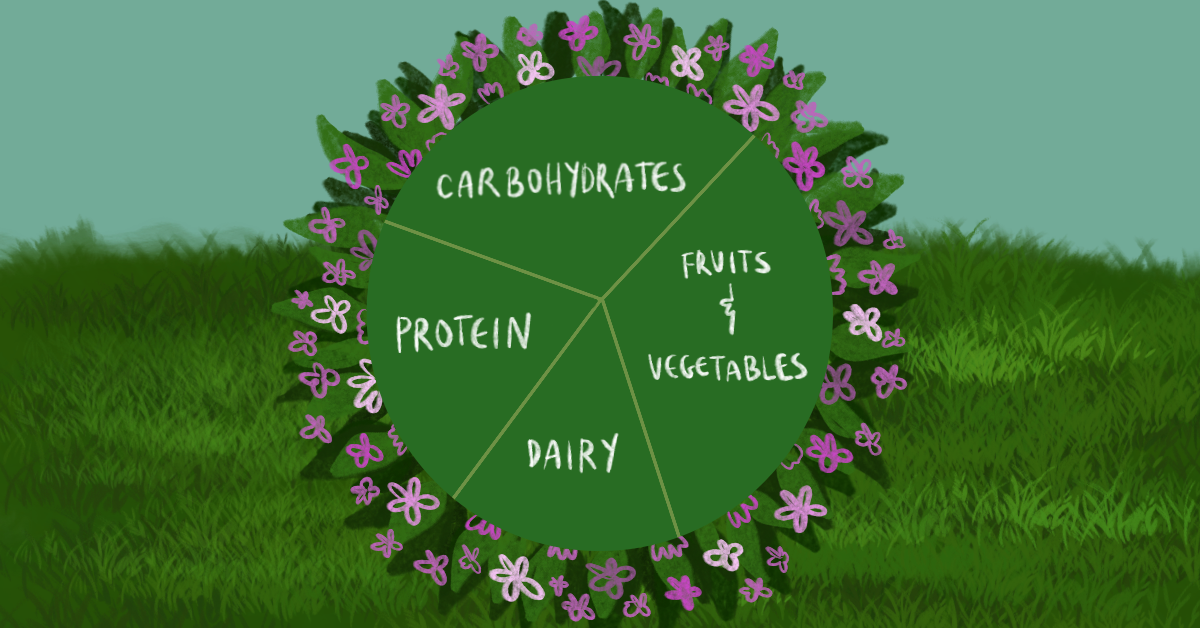Sowing seeds of change: The role of sustainable diets in our health and planet
Looking past our dinner plates into sustainable diets and their ripple effect on global wellness and ecology.
In today’s rapidly changing world, our dietary choices play a crucial role in shaping our health and determining our planet’s future. Sustainable diets focus on consuming foods that are not only nutritious but are also produced in an environmentally friendly manner. By making mindful choices about what we eat, we can contribute to the well-being of our bodies and the Earth.
Emphasizing plant-based foods
One of the critical components of a sustainable diet is incorporating plant-based foods into our meals. Vegetables, fruits, legumes, and whole grains are rich in essential nutrients and have a lower environmental impact than animal-based products. Livestock farming significantly contributes to greenhouse gas emissions, deforestation, and water pollution. We can significantly lower our carbon footprint by reducing our meat consumption and opting for plant-based alternatives.
Choosing locally sourced and seasonal produce
Opting for locally sourced and seasonal produce is another way to support sustainable diets. Locally grown foods require less transportation, reducing the carbon emissions associated with long-distance shipping. Additionally, seasonal foods are more likely to be abundant and require fewer resources to cultivate, making them eco-friendly. By supporting local farmers and markets, we contribute to the vitality of our communities while making environmentally conscious choices.
Minimizing food waste
Food waste is a significant issue globally, contributing to environmental degradation. According to the Food and Agriculture Organization of the United Nations, approximately one-third of the food produced for human consumption is lost or wasted each year. To combat this problem, individuals can practice mindful eating habits, plan their meals, and store food properly to prevent spoilage. By minimizing food waste, we conserve resources, reduce greenhouse gas emissions from decomposing waste, and help alleviate hunger in our communities.
Opting for sustainable seafood
Choosing sustainably sourced options is crucial for those who include seafood in their diet. The United Nations Food and Agricultural Organization predicts that 90 per cent of marine fish are overfished. Overfishing and destructive fishing practices can deplete marine ecosystems and threaten aquatic species. By selecting seafood-certified options by organizations like the Marine Stewardship Council (MSC) or the Aquaculture Stewardship Council (ASC), consumers can ensure that their choices support responsible fishing practices and the health of our oceans.
Supporting ethical and eco-friendly brands
Many food brands are committed to sustainable and ethical practices in today’s market. Consumers can look for certifications such as Fair Trade, USDA Organic, or Non-GMO Project Verified when shopping. These certifications indicate that the products meet specific environmental and ethical standards. By supporting these brands, individuals contribute to a market demand for eco-friendly products and encourage more companies to adopt sustainable practices.
Embracing sustainable diets must be implemented into our lifestyles to safeguard our health and the environment. By choosing plant-based foods, supporting local farmers, minimizing food waste, opting for sustainable seafood, and backing ethical brands, we can positively impact our planet. These small, mindful choices collectively create a ripple effect, leading to healthier lives, thriving communities, and a greener Earth. Let us recognize the power of our plates and work together to create a sustainable future for generations to come.

